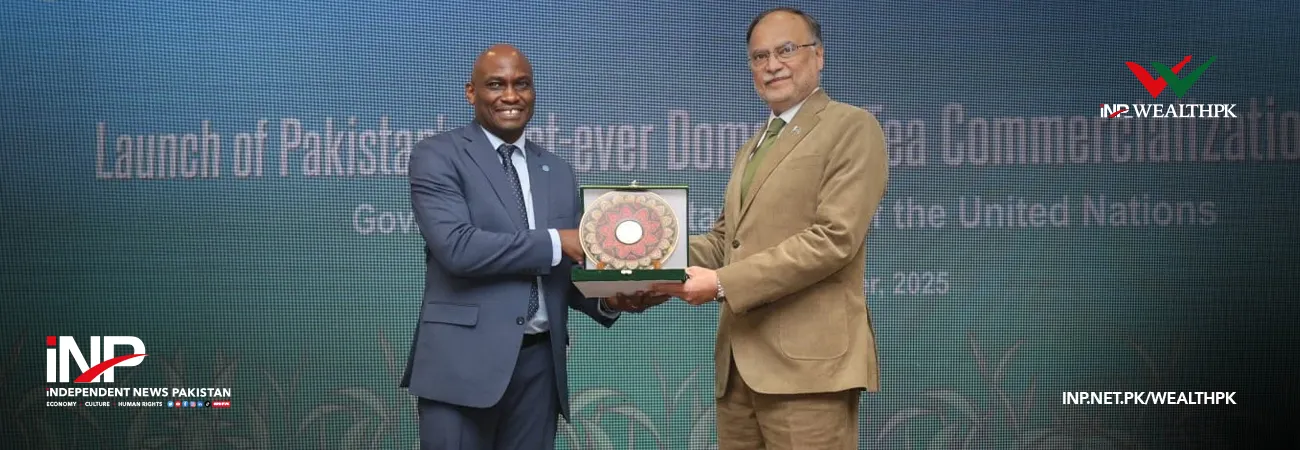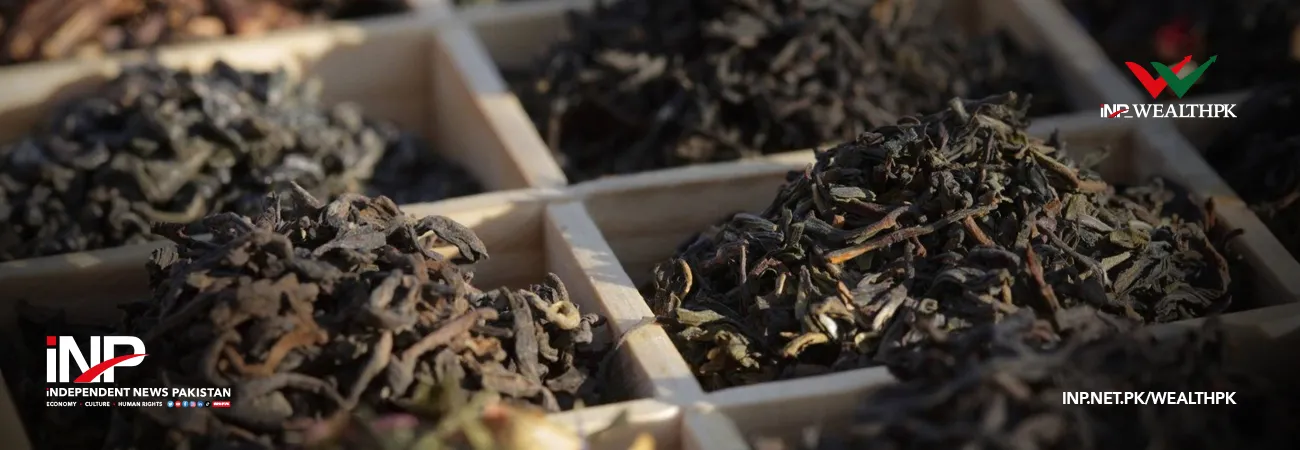INP-WealthPk
Ahmed Khan Malik
The Sindh government is working on a strategy to strictly enforce its Tax Revenue Mobilisation Plan (TRMP) in the upcoming fiscal year to boost revenues and reduce dependence on federal transfers. The decision comes in response to increasing fiscal pressures and the need for greater financial autonomy in line with the 18th Constitutional Amendment, officials in the finance department told WealthPK.

“The new phase of TRMP will focus on enhancing tax compliance, expanding the tax base, and improving administrative efficiency. The plan aims to significantly increase provincial revenue collection from key sectors, particularly services, property, agriculture income, and professional taxes, all of which remain under-collected compared to their potential,” Nusrat Hussain Shah, director of the revenue wing of the finance department, said.
He said that the enforcement of TRMP will be tied to measurable performance targets. “Technology integration, capacity building of tax officials, and public awareness campaigns are among the tools being prioritised. Special units for audit and enforcement are also being strengthened to curb tax evasion and underreporting,” he added.

The chief minister, during a recent meeting with the officials of the finance and planning departments, emphasised the urgency of the matter. “We must move beyond reliance on federal divisible pool funds. Sindh has untapped tax potential that must be realised through transparent, equitable, and firm enforcement,” Nusrat, quoting the chief minister, said. TRMP, originally drafted with the technical support of the World Bank, identifies several reforms, including digitisation of land records, better coordination between provincial and local tax bodies, and a reformed assessment process for urban immovable property tax.
Furthermore, the upcoming fiscal year will see the launch of an online taxpayer portal to make registration and payment processes more accessible and accountable. Experts believe this initiative could be a turning point for Sindh’s fiscal health if implemented effectively. “Revenue mobilisation is not just about higher rates but broader coverage and better compliance. Sindh’s plan addresses these aspects, but implementation will be key,” said Dr Mohsin Lashair, a financial management expert.
However, he pointed out that concerns remain regarding the political will to sustain these measures in the face of resistance from influential lobbies and interest groups. “Past efforts have often faced setbacks due to inconsistent enforcement and lack of coordination across departments despite the finance department’s promises of quarterly reviews and public reporting to improve transparency and stakeholder trust.” “If enforced effectively, the plan could serve as a model for other provinces, showing how subnational governments can take proactive steps to increase their own revenues and improve service delivery,” Lashair said.
“As the budget for FY26 nears its presentation, all eyes are on how the Sindh government allocates resources and reflects its commitment to TRMP,” he said, adding that whether these measures translate into sustainable fiscal gains will depend on continuous political backing, administrative capacity, and public cooperation.
Credit: INP-WealthPk













